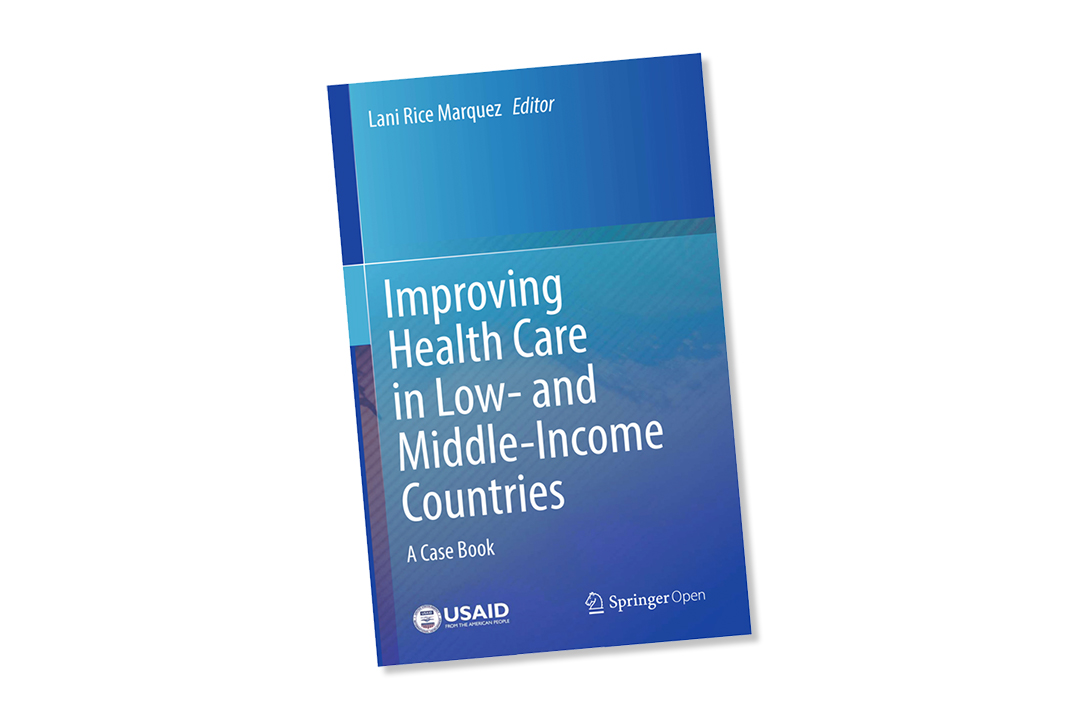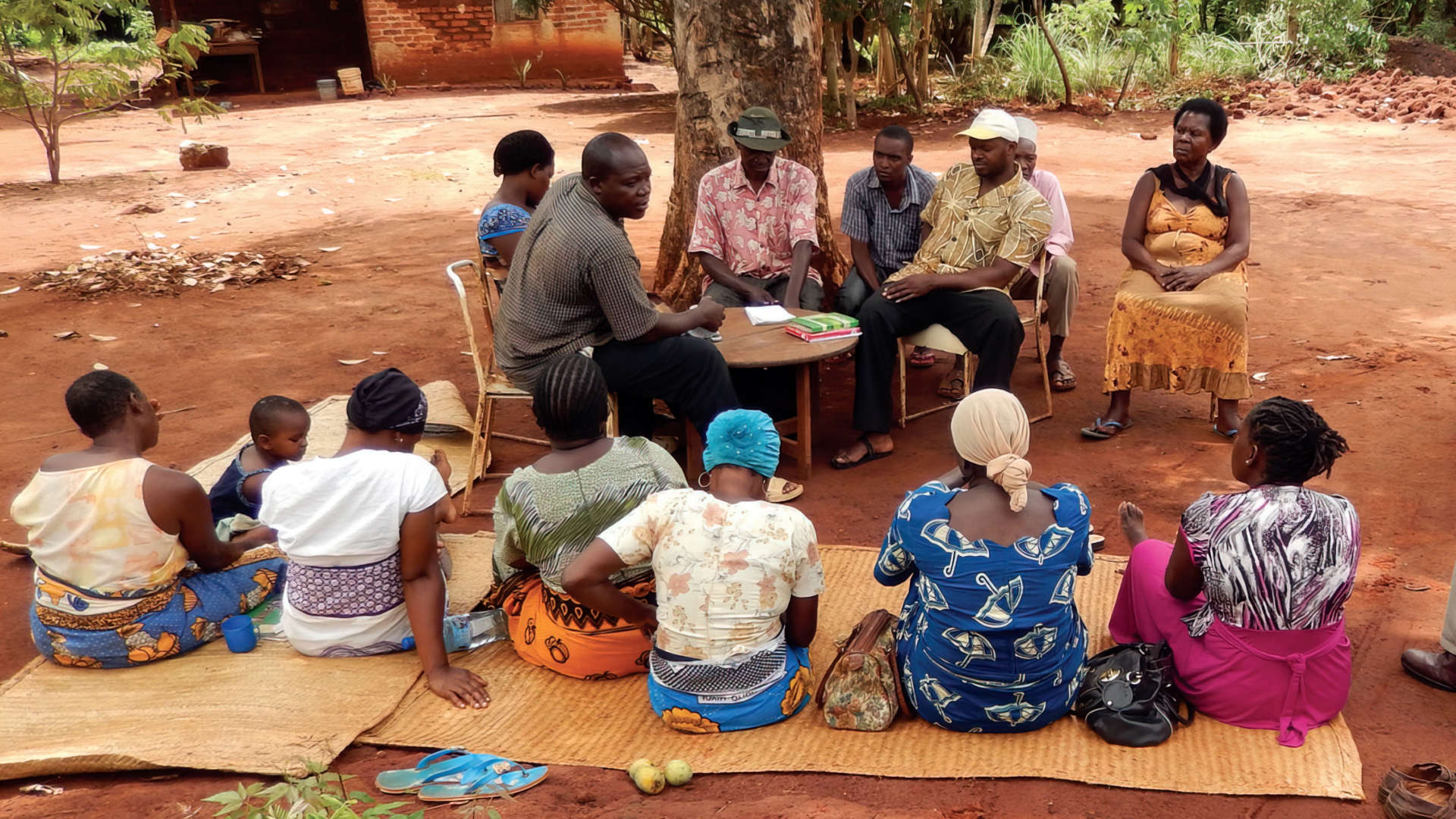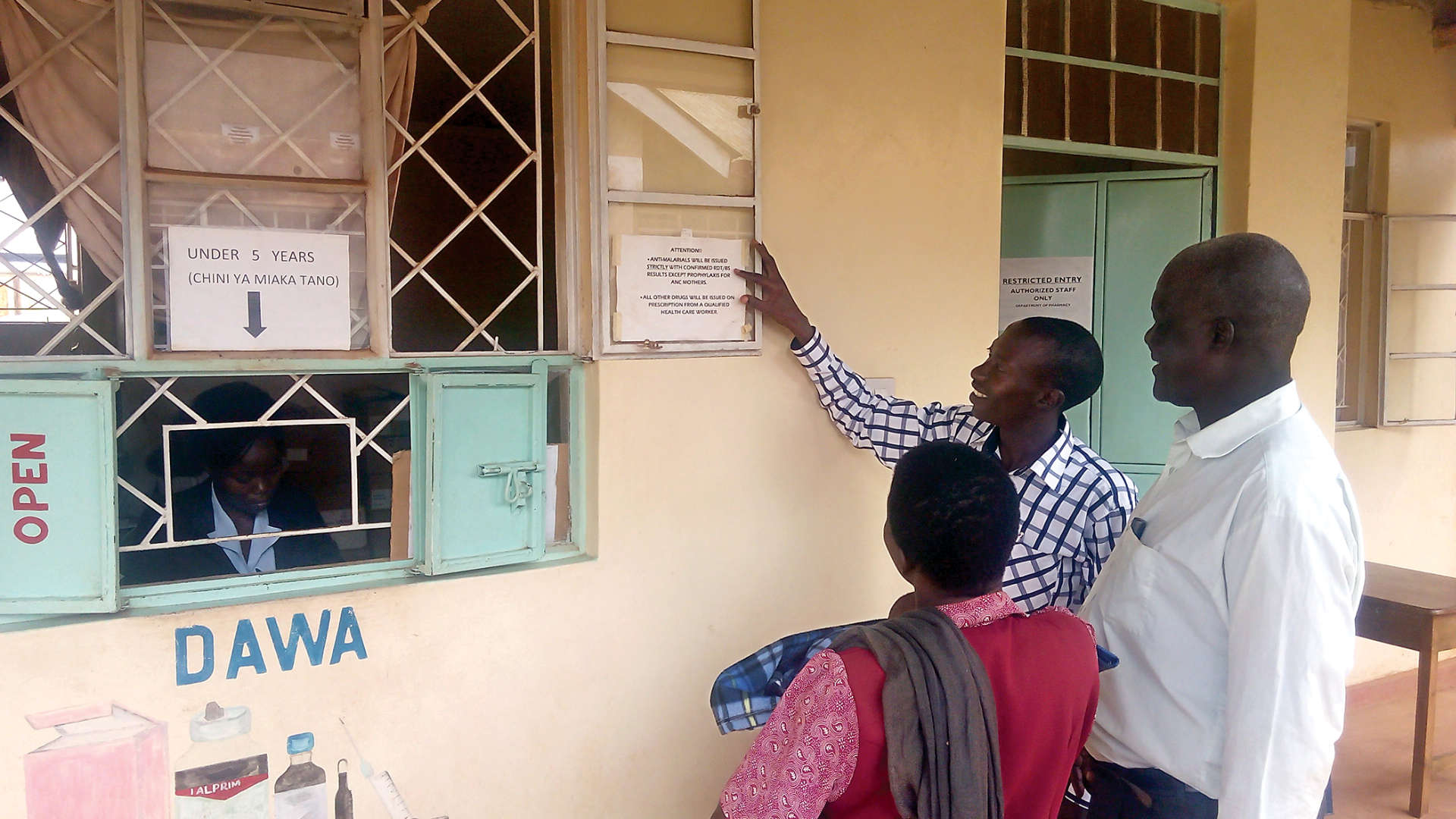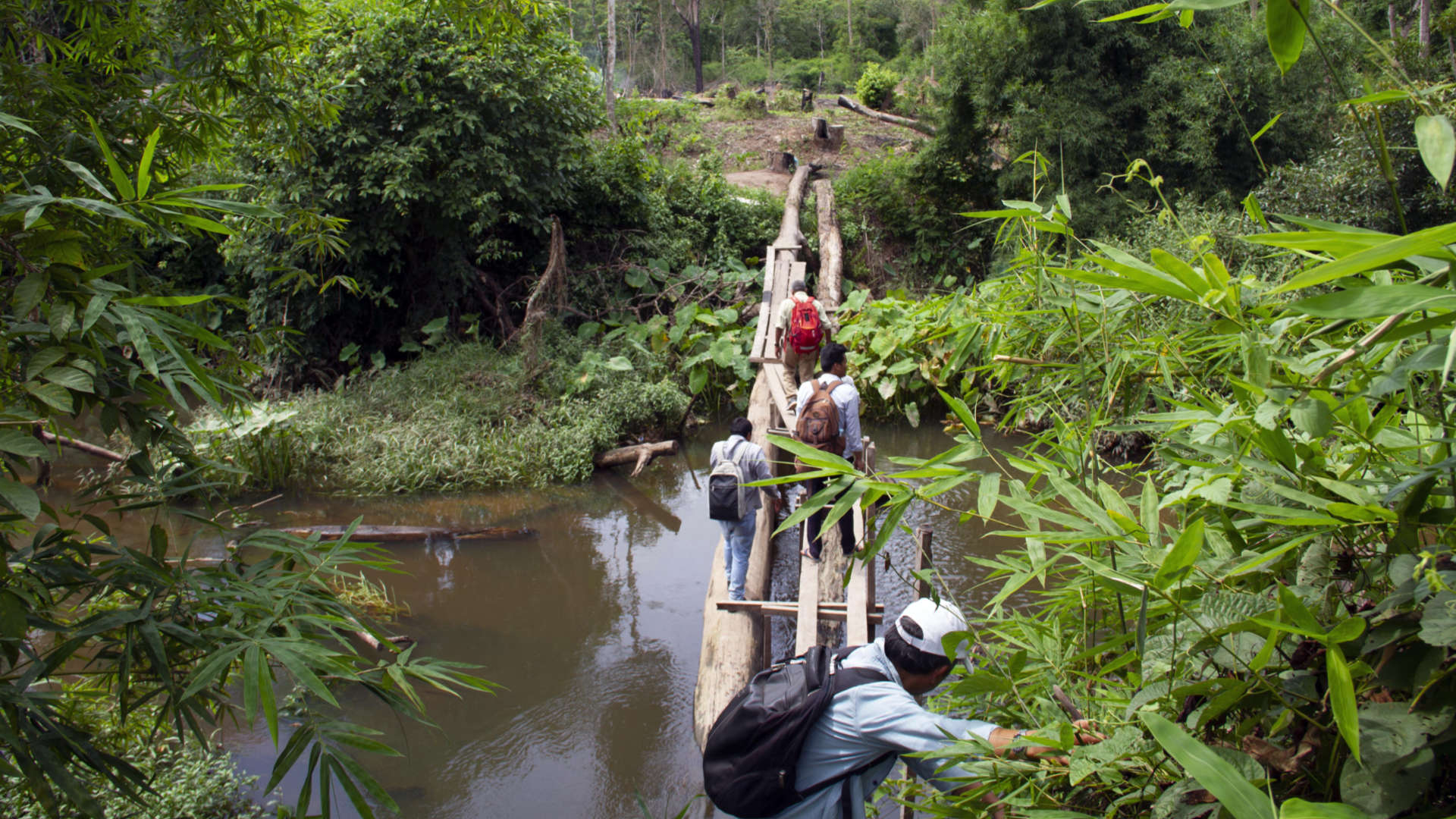How does a health system develop standards of Zika-related care amid a pandemic? How does a health system address overutilization of diagnostic tests, specialist services, and medications, particularly antibiotics, to address pediatric respiratory tract infections in a private sector system transitioned from a highly centralized Soviet model? And how do you provide frontline health workers the management skills and tools to improve maternal and newborn survival in states falling below the bottom quartile on health indicators in a country of over 1.2 billion people?
These questions and more are addressed in a collection of case studies developed by URC to provide program managers, health professionals, and students with on-the-ground examples of utilizing quality improvement approaches to improve health outcomes. The book highlights how frontline providers can identify gaps in care, propose changes to address those gaps, and test the effectiveness of the changes to improve health processes and outcomes.
The 12 cases offer insights into factors that facilitate results including a focus on use of explicit clinical standards, engaging health workers in identifying gaps in meeting standards and taking action to address the gaps, use of tools to support data analysis, and facilitating friendly competition and shared learning among all stakeholders. Countries featured include Georgia, Guatemala, Haiti, Honduras, India, Kenya, Kyrgyz Republic, Mozambique, Tanzania, Uganda, and Ukraine.
The contents of this book are the sole responsibility of URC and the authors and do not necessarily reflect the views of the United States Agency for International Development or the United States Government.



